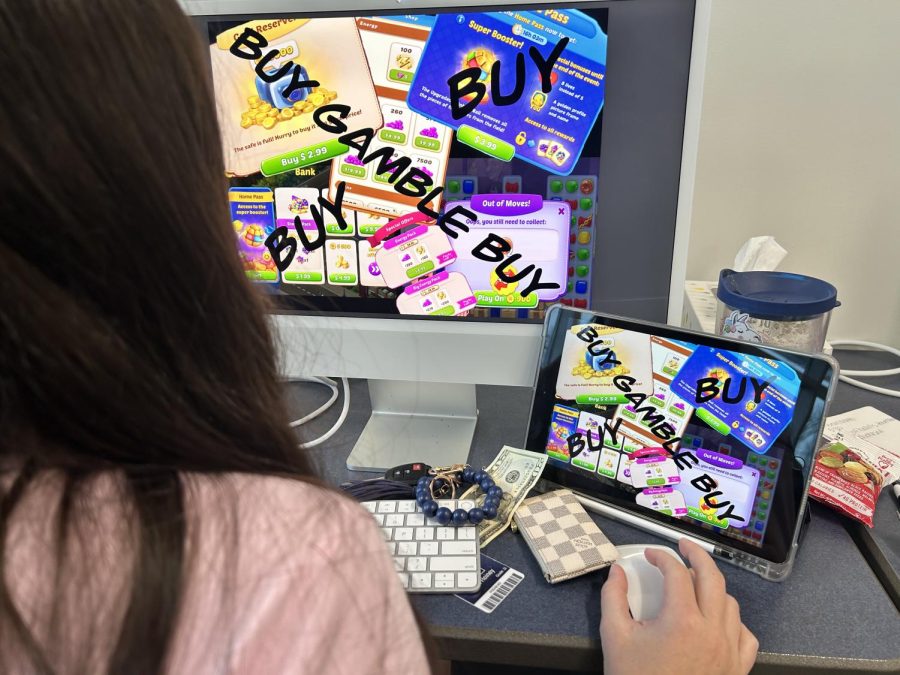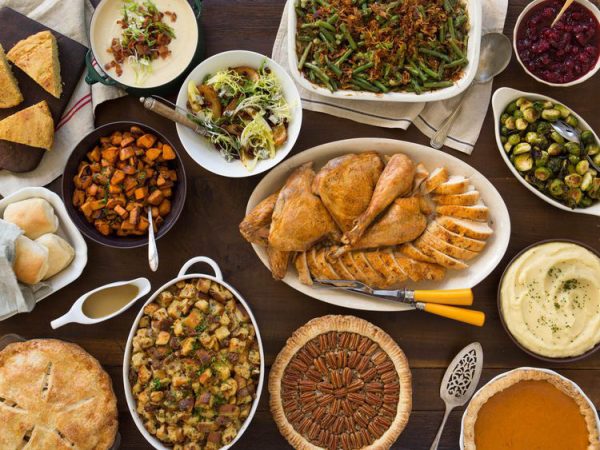From Gaming to Gambling
Games are introducing gambling to young teens through mechanisms like “Loot Boxes.”
Gaming has become the pathway to gambling in recent years. Games like Homescapes, HayDay, and Candy Crush will leave players with empty pockets even though they are free to download from the AppStore.
These games can be found in any mobile device and have the same formula. They start out very easy and give you treasure or points for you to earn with each level. After a while the intensity kicks up, and you start to crave the feeling of winning again. People get tricked into buying more lives, treasure that says it will give you the upper hand, or loot boxes that may have what you need to be successful.
While someone may feel like he/she has a better chance at winning than before; however, you still aren’t guaranteed to succeed. This is where the line is blurred. Gambling is spending money based on chance, but is that not the same thing these “harmless” games are feeding to people? Even worse, these games are marketed to ages 13 and up.
“Research shows that children introduced to ‘harmless betting’ by age 12 are four times more likely to engage in gambling later. A teen’s brain, with an underdeveloped logic center, isn’t wired yet to weigh risk and make healthy choices. So that “win” on an online game today can lead to the negative side effects of real-life gambling tomorrow,” – The Department of Public Health.
Kids today are enthralled by these games. Many beg their parents for money and in extreme cases, steal for it. According to a 2020 SellCell survey, an estimated 8.2 percent of parents stated that their children spent more than 100 U.S. dollars on in-app purchases in mobile games each month.
“I have spent money on ‘coins’ to help me win levels. I’m not proud of it but I have probably spent close to $100. I think spending money on games provides me with a short term happiness but in the long run it’s probably not worth it,” Senior at St. Dominic High School Olivia Arrowood said.
The willingness to spend money on things that aren’t considered “worth it” is a risky slope for just some short-term happiness
“People buy skins so their character will stand out and look better than everyone else’s,” Sophomore Jack Duncan said.
Though this seems insignificant, the thought of being better than everyone else slowly turns into having more than others. Gambling offers that possibility to gain money at a high rate and teens fall into this trap more than anyone else because it takes little effort.
“I probably gamble like once a month. I have placed bets on numerous things like sports games, card games, or other pop culture. Also I enjoy playing blackjack.” Arrowood said.
This road to underage gambling can become a dangerous cycle. Teens form low self-esteem issues, stress, anxiety, and depression and feel their only cure is gambling. According to the Department of Public Health, out of all addictions, gambling is linked to the highest suicide rate.
This is a growing addiction among our youth that needs to be stopped. We need to become aware of when we are being deceived online and information about underage gambling needs to be made more accessible.

Ella Bland is a Senior at St. Dominic. She plays for the varsity volleyball and lacrosse teams. Outside of school, Ella loves being active and spending...







